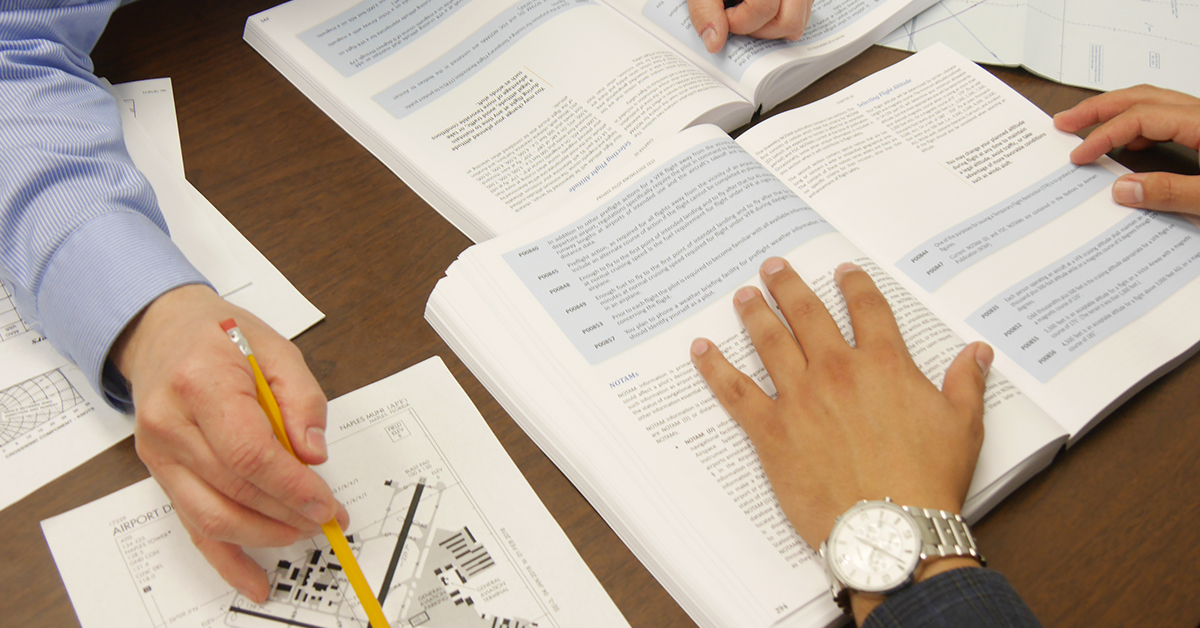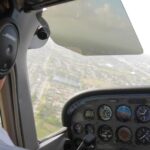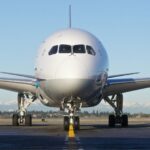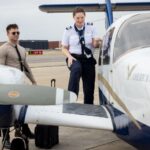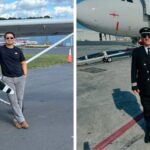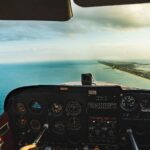By: Steven Daun, National Chief Pilot
Flying is one of those endeavors in which nobody can know everything. My advice to those who think they know all they need to know about flying is to stop flying, or for your sake and that of your passengers, please keep reading.
Ponder this. There are as many ways of doing thigs as there are pilots and airplanes. Some ways may be similar but have slight differences. You can always learn something new from someone else about an airplane, airspace, airport, skill or interaction with a government agency such as the FAA.
I have always enjoyed this part of flying perhaps because I enjoy learning new things. Several pilots throughout history have referred to this knowledge as a bank account, tool bag or book shelf. No matter what you call it, make sure you strive to continuously add to it.
One of the most rewarding parts of my job as the National Chief Pilot is that I have the opportunity to fly with both our students and instructors. Some have more experience than I do while others have less. Regardless, if you watch and listen, you will learn. If you are in learning mode, you can also learn by speaking to weather briefers or controllers, but you must put your mind in learning mode.
During a recent meeting with the tower manager for one of our airports, we were talking about what each organization could do to help make things easier for the other. We asked about why at times we will be given a line up and wait instruction, yet during other times when it would seem to be efficient, we aren’t given that instruction. He said that if a controller is alone in the cab, they are not authorized to issue a line up and wait direction. This was valuable information which would not have been offered if we weren’t in learning mode during this discussion.
One of my favorite places to spend time is in our various maintenance departments, especially while our mechanics are working on an airplane. Our mechanics are conditioned to teach when our students or instructors ask questions. I enjoy taking advantage of this, and each time I learn something new. Sometimes it’s knowledge as to why something is as it is. Other times it is something that forces me to consider and adjust the way I fly or manage the systems on the airplane.Sometimes you can learn new things from going to work for a new company or signing up with a flying club. The point is, don’t just go through a checkout or a class to get to the airplane.
Ask questions and look for differences in what you do compared to what others do. You need to evaluate those skills to ensure they are safe and consistent with the recommended aircraft practices and regulations. If in doubt, ask a flight instructor you trust.
What do you do if you aren’t going to work for a new company, and you aren’t joining a flying club? That is where your Flight Review and IPC come into play. If you stop looking at these as an obligation and start looking at them as an opportunity to learn something new, you will look forward to them. After all, what could be better than showing up at an airport on a Saturday morning, drinking a cup of coffee while talking about flying then going flying?
When you stop learning, you stop growing. If you are an active pilot, you owe it to yourself as well as your passengers and other pilots to keep learning and improving your skills. Always be looking for opportunities to grow.




